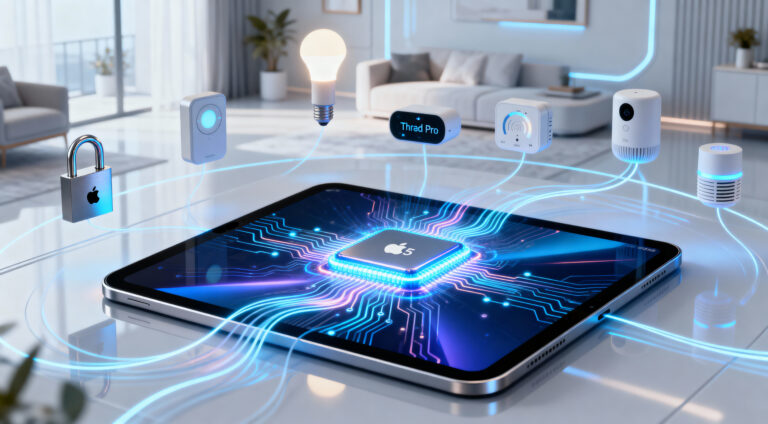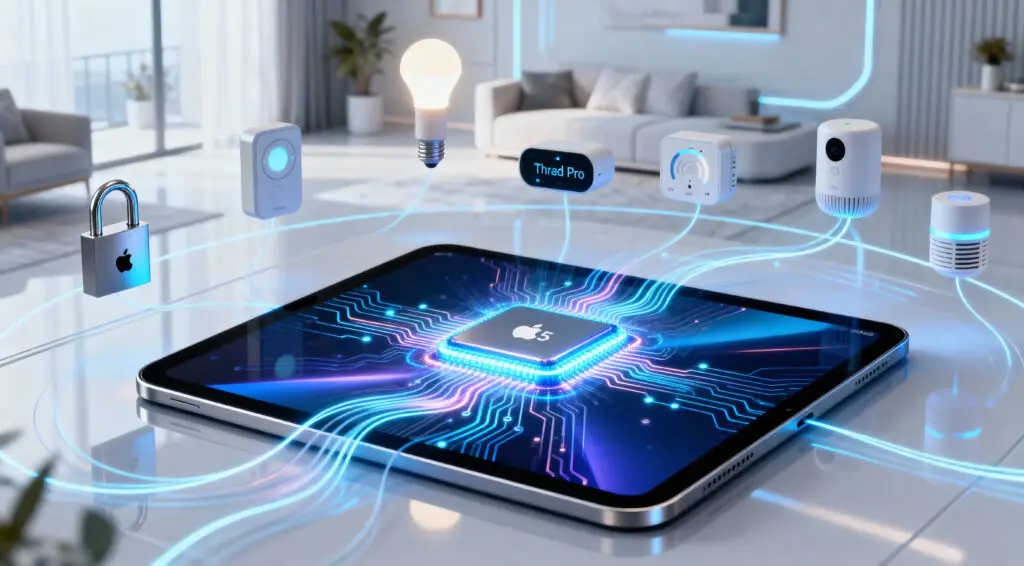JP Morgan Enforces Biometric Access at Flagship New York Site
Employees at JP Morgan Chase’s new headquarters are now required to submit biometric data, such as fingerprint or eye scans, for access, replacing the previous optional ID badge system.
Since August, relocating employees have been informed of this new requirement through internal communications, which the company cites as a measure to enhance building security. This shift underscores the growing reliance on technology-driven verification systems in corporate environments.

Source: Reuters
New Headquarters Prioritizes Security Through Advanced Technology
A newly constructed skyscraper in Manhattan, costing $3 billion, will accommodate approximately 10,000 employees. The building features biometric access systems, aligned with the bank’s efforts to modernize its workplace and improve security measures. This includes security gates in the lobby that now utilize biometric data instead of traditional card-based credentials.
However, some employees are reportedly exempt from the biometric enrollment, allowing them to use their badges, although the criteria for these exemptions have not been disclosed. This flexibility reflects the organization’s ongoing adjustments as it seeks to finalize the implementation processes for the new systems.
Privacy Concerns Emerge Over Mandatory Biometric Data Collection
Concerns have been voiced by privacy advocates about the potential implications of mandatory biometric access in workplace settings. The requirement for fingerprint or eye scan collection has sparked important conversations regarding data protection, storage practices, and the need for transparency in usage. Experts caution that in the absence of clear consent processes, workers may face reduced authority over their personal data.
In response, insiders associated with JP Morgan assert that all biometric data gathered is encrypted and remains out of reach for unauthorized individuals. The bank highlights that its system functions in a manner akin to Apple’s Face ID, guaranteeing that personal data remains inaccessible from outside sources. This assurance seeks to alleviate concerns about possible data misuse.
Recommended Article: JP Morgan Boss Warns Of US Stock Market Drop Within 2 Years
Voluntary Biometric Systems Continue at International Offices
JP Morgan’s other regional offices, such as its London Bank Street branch, are still functioning with voluntary biometric programs in place. These initiatives employ encrypted handprint recognition for access, ensuring a more unobtrusive method for engaging employees. The difference emphasizes the diverse regional understandings of workplace privacy norms.
In London, the encryption process guarantees that the company is unable to directly access the stored biometric data. These implementations strive to harmonize innovation with ethical accountability, ensuring adherence to privacy regulations within local legal structures. The difference highlights how global operations adjust uniquely to privacy expectations.
Integration of Digital Tools Reinforces Workplace Modernization
In addition to biometric entry, the company unveiled a new digital management system called “Work at JPMC.” The mobile application acts as a central hub for employees, offering features such as digital identification, visitor registration, building navigation, and meal preordering. The cohesive ecosystem aims to enhance operational efficiency throughout the newly constructed headquarters.
The incorporation of this digital infrastructure signifies a wider corporate transition towards advanced building technology. Through the integration of digital workflows into everyday operations, JP Morgan seeks to improve security and convenience for employees moving to hybrid or on-site schedules. This underscores its dedication to a cutting-edge workplace environment.
Enhanced Security Follows Broader Corporate Safety Concerns
JP Morgan’s enhanced security measures are a response to increasing concerns about physical safety risks, particularly in New York. This heightened awareness emerged after an incident involving the CEO of UnitedHealthcare, prompting financial institutions to reevaluate their access control protocols. Companies are now prioritizing proactive strategies to safeguard their executives and employees.
The event exposed vulnerabilities in environments with high public access, leading many large organizations to reconsider traditional badge systems. JP Morgan’s adoption of a biometric security model exemplifies a broader industry trend towards improving perimeter security through advanced authentication technologies.
JP Morgan Expands Return-to-Office Mandate as Debate Over Employee Privacy Grows
The mandate highlights discussions on technological oversight and employee independence in corporate America, as companies adopt digital systems for attendance tracking and return-to-office policies post-pandemic.
JP Morgan’s directive for hybrid employees to return to a five-day in-office schedule, advocated by CEO Jamie Dimon, aims to enhance collaboration. Critics argue that such measures blur lines between security advancements and surveillance. Companies face the challenge of balancing privacy with organizational safety.















